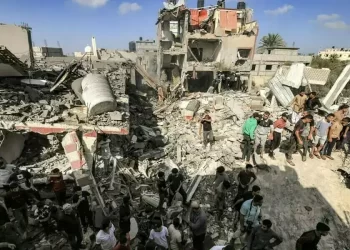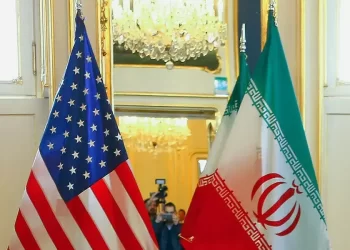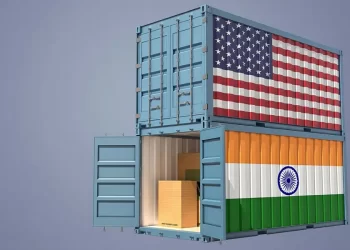DHAKA: Bangladeshi students called new street protests for Monday after Prime Minister Sheikh Hasina’s government ignored an ultimatum to release their leaders and apologise for those killed in deadly unrest.
Student rallies against civil service job quotas this month sparked days of violence that killed at least 205 people including several police officers, according to an AFP count of police and hospital data.
The clashes were some of the worst of Hasina’s 15-year tenure but her government has since largely restored order by deploying troops, imposing a curfew and shutting down the internet nationwide.
At least half a dozen leaders of Students Against Discrimination, the group that organised the initial protests, are among thousands since taken into police custody.
“The government is continuing to show complete and utter insensitivity to our movement,” Abdul Kader, one of the group’s coordinators, said in a statement.
“We are calling for a protest rally across the country,” he added. “We are requesting all citizens of Bangladesh to show solidarity with our demands and join in our movement.”
Students Against Discrimination leaders had vowed to end a week-long moratorium on new demonstrations if police failed to release their leaders by Sunday evening.
The group’s demands also include a public apology from Hasina for the violence, the dismissal of several of her ministers, and the reopening of schools and universities around the country that were shuttered at the height of the unrest.
At least 9,000 people have been arrested nationwide since the unrest began, according to Prothom Alo, Bangladesh’s largest daily newspaper.
Troops are still patrolling urban areas and a nationwide curfew remains in force but it has been progressively eased since the start of last week.
Bangladesh’s mobile internet network was restored on Sunday, 11 days after a nationwide blackout imposed at the height of the unrest, in another sign of the government’s confidence that it was in control of the situation.
Protests began this month over the reintroduction of a quota scheme reserving more than half of all government jobs for certain groups.









